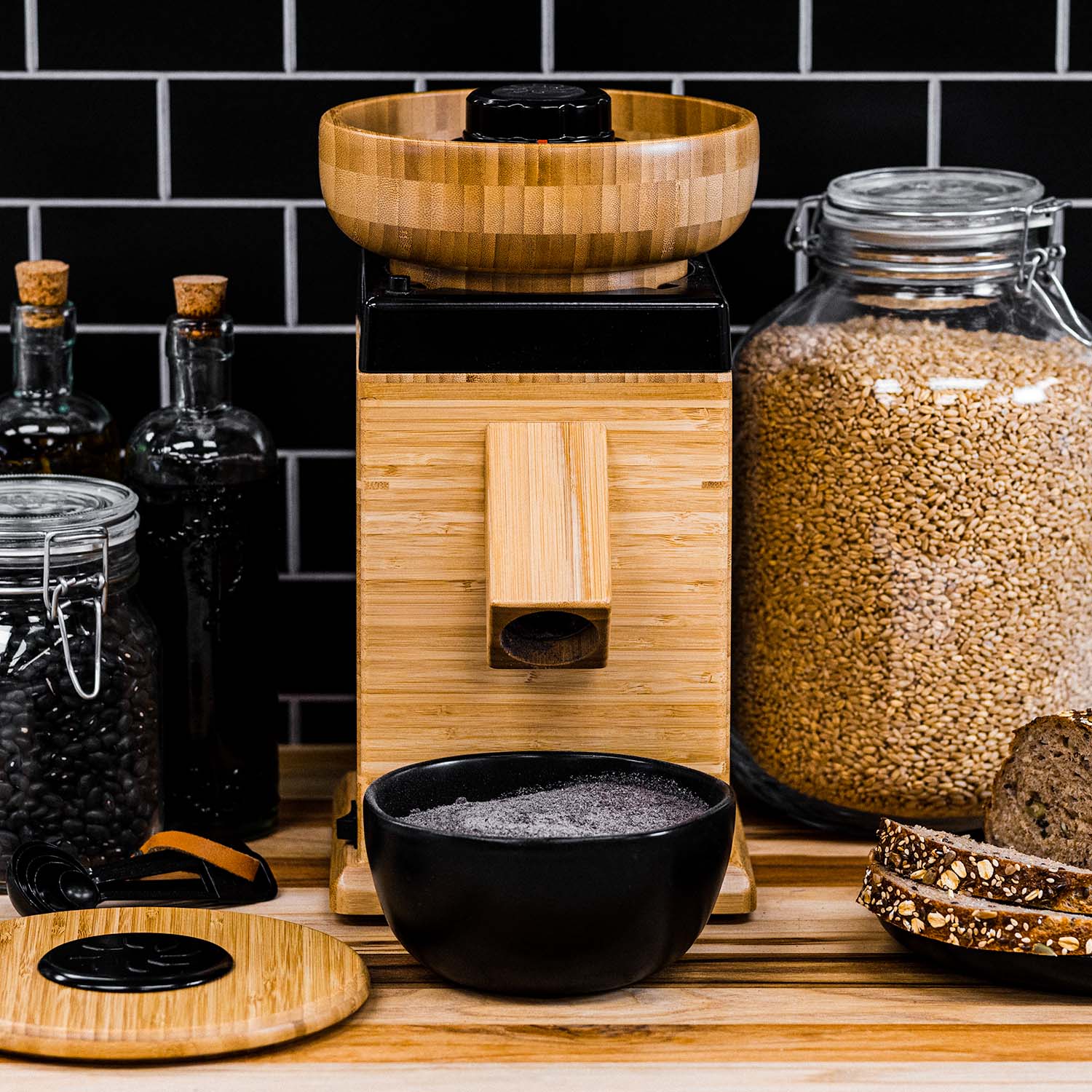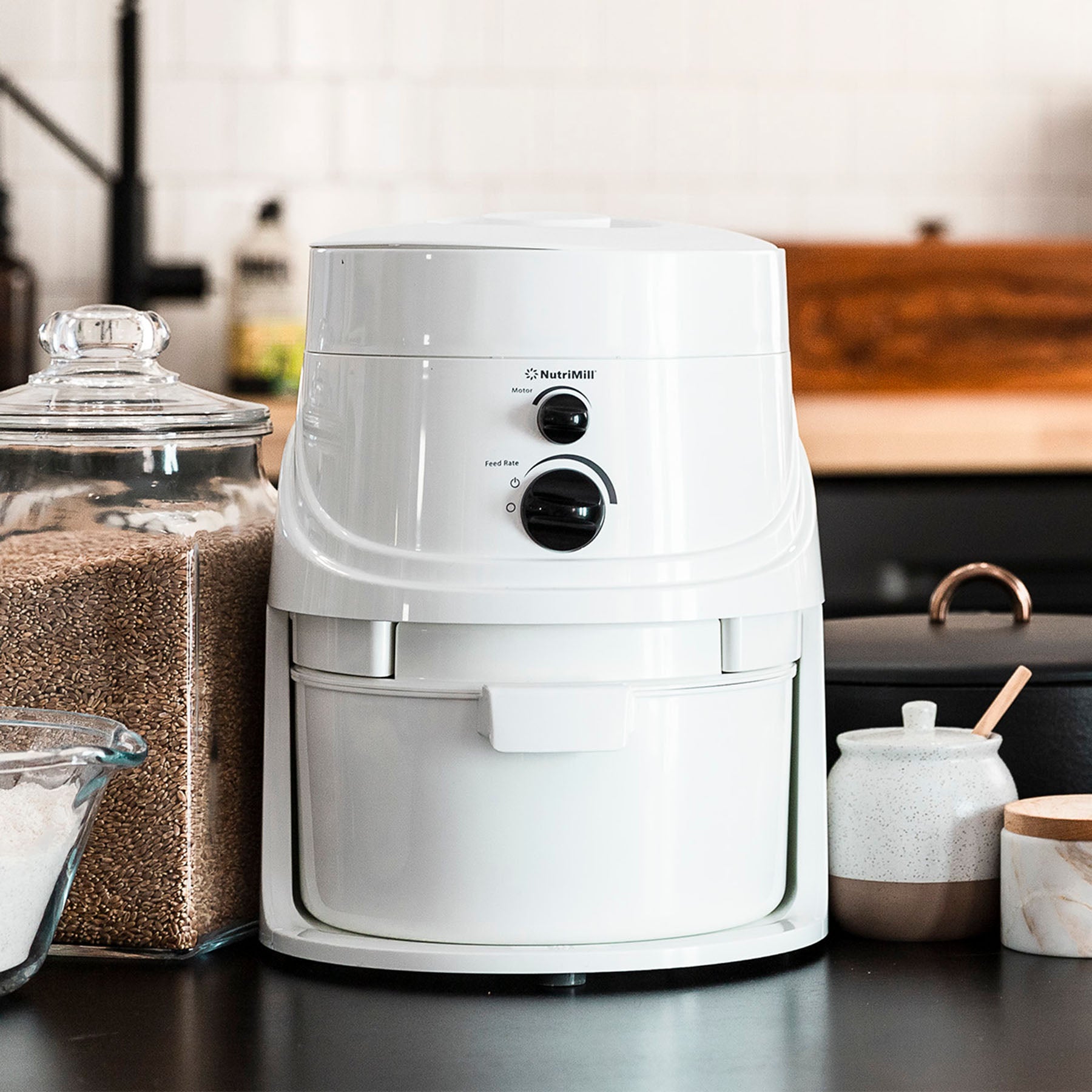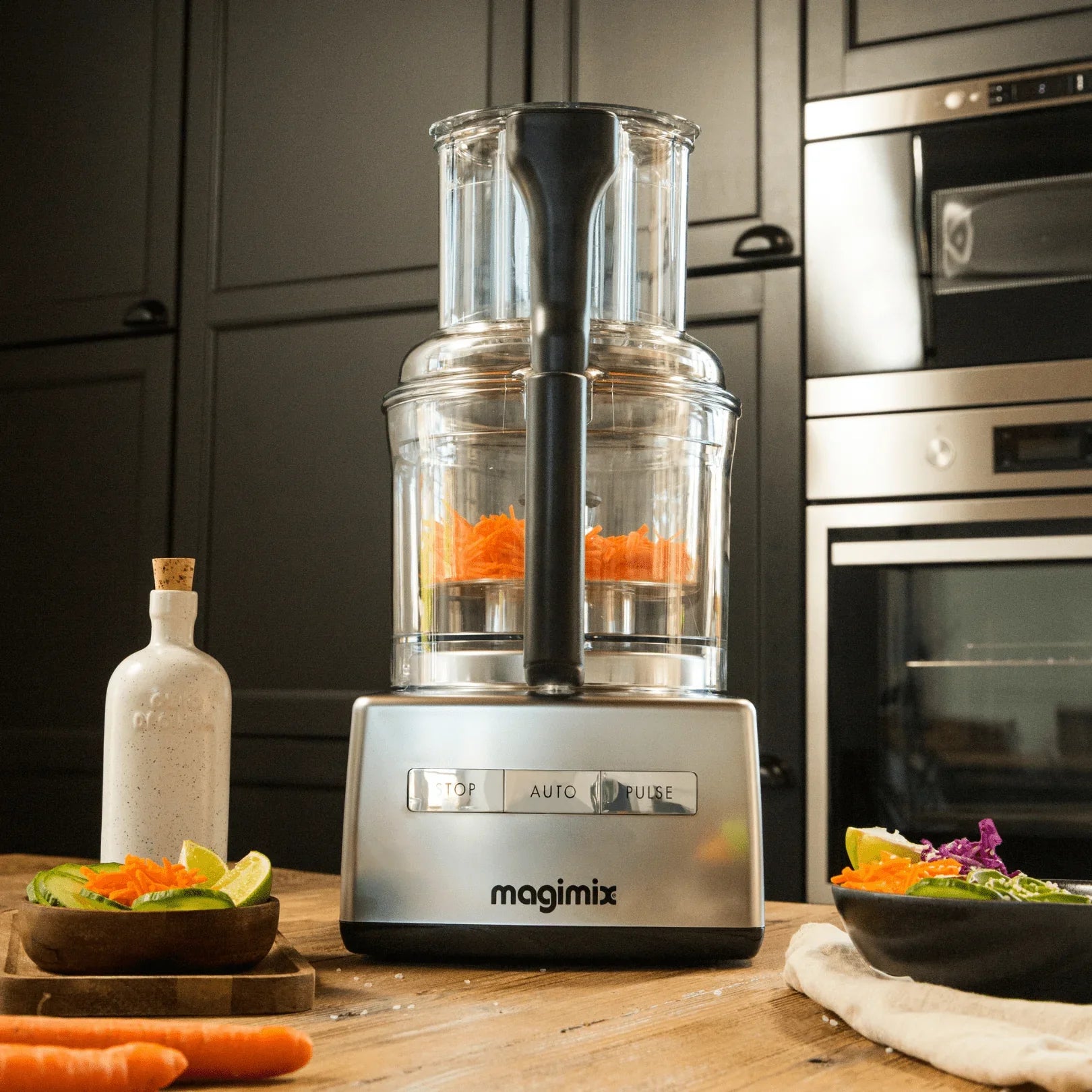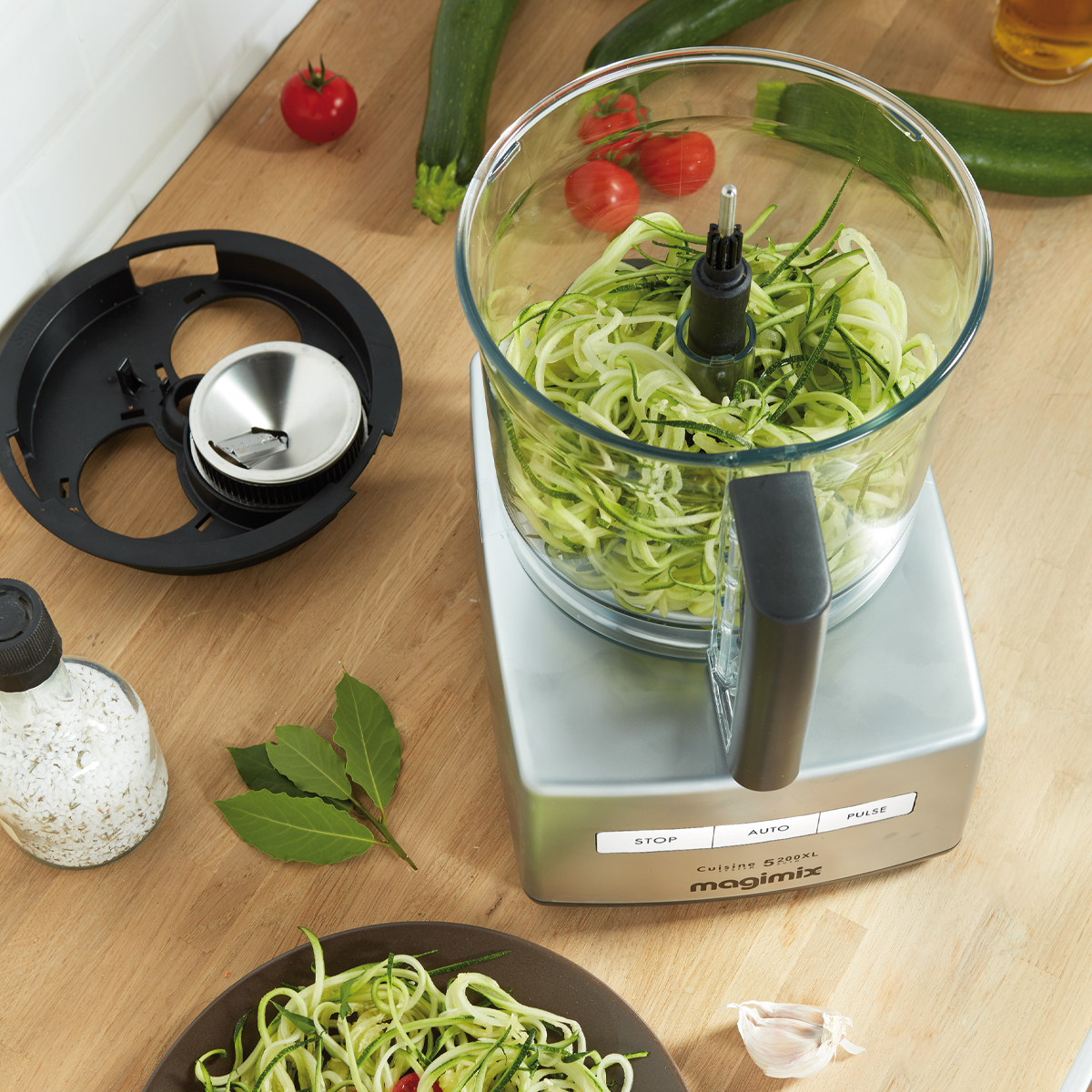When it comes to baking and flour milling, not all wheat is created equal. In fact, wheat is categorized into several types based on characteristics such as protein content, bran color, and end-use functionality. We’re breaking down the four most commonly milled varieties: Soft White Wheat, Soft Red Wheat, Hard White Wheat, and Hard Red Wheat. Whether you’re crafting delicate pastries or hearty artisan bread, understanding the difference can transform your baking.
Soft White Wheat
Protein Content: Low
Ideal For: Cakes, cookies, crackers, pastries, and Asian noodles
Soft white wheat has a low protein content, which means it produces a soft, tender texture — perfect for delicate baked goods. Its fine texture and low gluten levels make it unsuitable for strong, elastic doughs like traditional yeast bread. Instead, it shines in recipes where a light, crumbly consistency is desired.
Key Traits:
- Fine texture
- Low in gluten
- Best for tender and crumbly baked products
Soft Red Wheat
Protein Content: Low to moderate
Ideal For: Cakes, pastries, crackers, breakfast cereals, and some breads
Soft red wheat is quite similar to soft white but with slightly more protein, giving it a touch more versatility. While still ideal for tender baked goods, it can also be used for some types of breads — though not those requiring strong gluten development. It's often found in warmer, humid growing regions and owes its reddish hue to anthocyanin pigments in the bran.
Key Traits:
- Slightly higher protein than soft white
- Red bran adds flavor and color
- Often used in cereals and snack foods
Hard White Wheat
Protein Content: Moderate to high
Ideal For: Bread, pizza dough, artisan breads
Hard white wheat is a powerhouse for bread-making. With a higher protein content than soft wheats, it creates strong doughs that hold their shape well. It’s lighter in flavor and color compared to its red counterpart, making it ideal for consumers who prefer milder whole wheat baked goods without sacrificing structure or nutrition.
Key Traits:
- Light-colored bran
- Mild flavor
- Excellent for whole wheat bread with a softer taste
Hard Red Wheat
Protein Content: High
Ideal For: Yeast-leavened breads, whole wheat flour, pasta
The workhorse of the wheat family, hard red wheat boasts the highest protein content and strongest gluten-forming ability. This makes it perfect for chewy, dense bread products like artisan loaves and rolls. Its rich, nutty flavor and reddish-brown bran lend depth and heartiness to every bake.
Key Traits:
- Bold flavor with a touch of bitterness
- Strong gluten network
- Ideal for structured, chewy baked goods
Choosing the Right Wheat for Your Needs
Each type of wheat brings something special to the table. Here's a quick summary to guide your selection:
| Wheat Type | Best For | Flavor/Texture |
|---|---|---|
| Soft White | Cakes, cookies, pastries | Tender, light, mild |
| Soft Red | Crackers, cereals, snack foods | Tender, slightly chewy |
| Hard White | Bread, pizza crusts, artisan loaves | Mild, less bitter |
| Hard Red | Artisan breads, rolls, pasta | Robust, nutty, hearty |
At NutriMill, we believe that milling your own grains and understanding your ingredients is the first step toward nutritious, flavorful baking. Whether you're making fluffy cupcakes or crusty sourdough, selecting the right type of wheat ensures your end result is nothing short of perfect.
Each month we post a grain of the month on our Instagram, follow us to stay in the loop: https://www.instagram.com/p/DElRzySycut/?utm_source=ig_web_copy_link&igsh=MzRlODBiNWFlZA==








Leave a comment
All comments are moderated before being published.
This site is protected by hCaptcha and the hCaptcha Privacy Policy and Terms of Service apply.